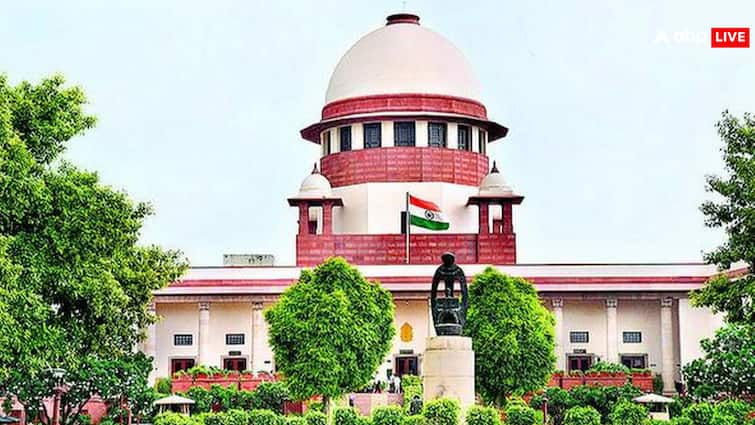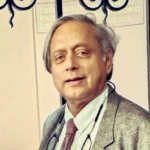The Election Commission has informed the Supreme Court that the Special Intensive Revision (SIR) of the voter rolls will be held across India after conducting in Bihar.
The Supreme Court on Thursday began hearing a series of petitions challenging the Election Commission’s decision to carry out a special intensive revision (SIR) of electoral rolls in poll-bound Bihar.
A partial working day bench, comprising Justices Sudhanshu Dhulia and Joymalya Bagchi, heard senior advocate Rakesh Dwivedi, representing the Election Commission, who raised preliminary objections to the maintainability of the petitions.
Alongside Dwivedi, senior advocates K K Venugopal and Maninder Singh are also appearing on behalf of the poll body.
Senior advocate Gopal Sankaranarayanan, arguing for one of the petitioners, told the bench that the revision of electoral rolls is permissible under the Representation of People Act. He added that the SIR would cover approximately 7.9 crore citizens but claimed that neither voter ID cards nor Aadhaar cards are being taken into account in the process.
ALSO READ | ‘Why So Late?’: Supreme Court Questions Bihar Electoral Rolls Revision
The hearing remained underway at the time of filing this report.
More than ten petitions have been lodged with the Supreme Court over the issue, including one by the NGO Association for Democratic Reforms, which is the lead petitioner.
Several prominent political figures have also approached the court, seeking to have the Election Commission’s order quashed. Among them are RJD MP Manoj Jha, Trinamool Congress MP Mahua Moitra, Congress leader K C Venugopal, NCP (SP) leader Supriya Sule, CPI leader D Raja, Samajwadi Party’s Harinder Singh Malik, Shiv Sena (UBT) leader Arvind Sawant, JMM’s Sarfraz Ahmed, and Dipankar Bhattacharya of CPI (ML).
During the hearing the apex court said there is nothing wrong with the SIR exercise, but it should have been done months before the ensuing election.
“If you are to check citizenship under the SIR of electoral rolls in Bihar, then you should have acted early; it is a bit late,” the court told the Election Commission.









